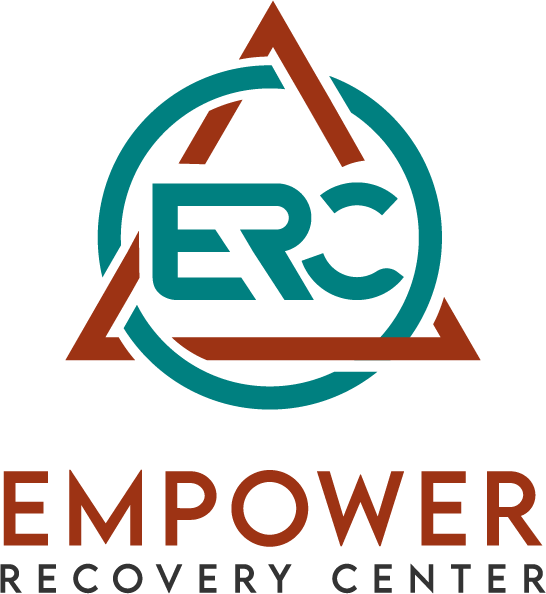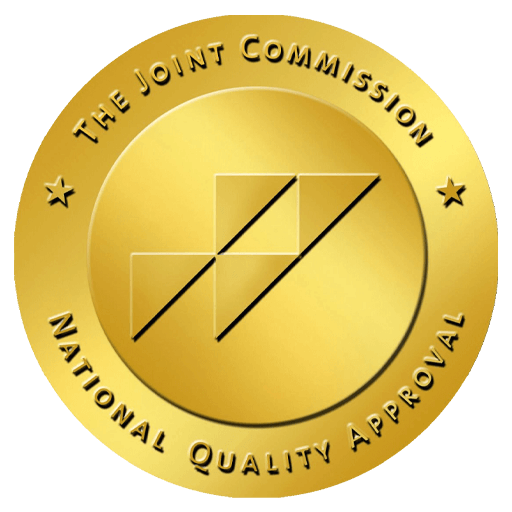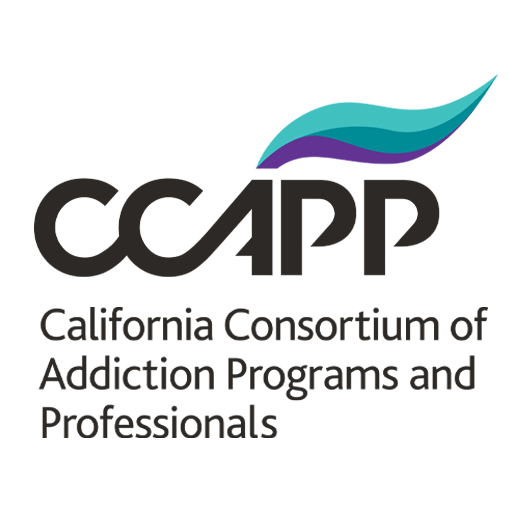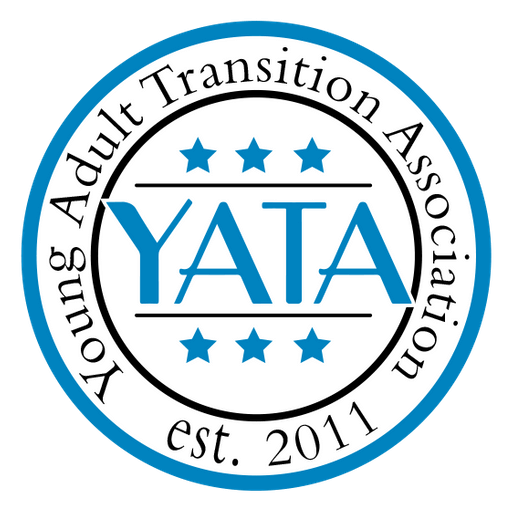Understanding Failure to Launch Programs: Common Concerns and Misconceptions
What are the common factors that contribute to a young adult’s difficulty in transitioning to independent living?
Young adults often face a mix of economic, psychological, and societal challenges that hinder their transition to independence. Economic pressures, such as student debt and the high cost of living, are substantial barriers. Psychologically, conditions like anxiety or depression can undermine confidence and decision-making. Societal expectations may also create unrealistic benchmarks for success. At Empower Recovery Center, we see how these intertwined factors require a comprehensive approach, combining therapy, skills development, and support networks to help individuals overcome these obstacles.
Why do failure to launch programs sometimes fail to produce the desired outcomes?
The effectiveness of these programs can vary significantly based on their approach and the specific needs of participants. Programs that focus solely on symptomatic treatment, rather than root causes, might fail to produce long-term results. It’s essential for interventions to be holistic–addressing economic, psychological, and skill-based barriers to successful transition. At Empower Recovery Center, our personalized strategies focus on building resilience and practical life skills, ensuring that young adults are better equipped to embark on their journeys.
How does Empower Recovery Center tailor its programs to cater to the unique needs of each individual?
At Empower Recovery Center, we recognize that each young adult’s journey is unique. We emphasize personalized care, beginning with an in-depth assessment to identify specific challenges. By integrating therapy, life coaching, and skill-building workshops, we create a customized plan that empowers individuals to achieve independence. Our success stories, like those of Jane and Mike, showcase the transformative impact of tailored interventions. By prioritizing empathy and adaptability, we aim to help every participant rediscover their potential.
What signs indicate that a young adult might be experiencing a failure to launch emergency?
Typical signs of an emergency include significant emotional distress, pervasive hopelessness, and withdrawal from social interactions. At Empower Recovery Center, we stress the importance of vigilance and quick intervention. Addressing emergencies involves immediate risk assessment, mental health evaluations, and short-term intervention plans. The goal is to stabilize the situation and prevent further deterioration, ensuring that individuals receive the necessary support to regain their footing.
What alternative approaches does Empower Recovery Center use to aid transitions besides traditional support methods?
We integrate experiential learning, peer interactions, and technology-assisted solutions into our programs. Experiential learning through outdoor activities and internships equips young adults with practical skills. Peer group interactions provide mutual support and motivation, while technology-assisted solutions, like online modules and mental health apps, offer flexibility and engagement. These alternatives complement traditional methods, providing a well-rounded approach to fostering independence.
How do transitional living programs at Empower Recovery Center support young adults in their journey towards independence?
Transitional living programs offer supportive environments where young adults can safely develop the skills needed for independent living. At Empower Recovery Center, these programs are designed to provide not only housing but also resources for personal growth. Our compassionate approach focuses on rebuilding lives, whether individuals are transitioning from homelessness, addiction, or other challenging circumstances. By fostering a sense of community, we help participants reintegrate into society with confidence.
What role does ongoing support play in maintaining the progress made during failure to launch programs?
Sustained progress often hinges on continued support and community. Our alumni program at Empower Recovery Center offers ongoing resources and guidance to individuals who have completed treatment. This sense of community fosters long-term success, providing accountability and encouragement. As clients like Mike have shown, this ongoing connection can be pivotal in maintaining recovery and achieving personal goals.








